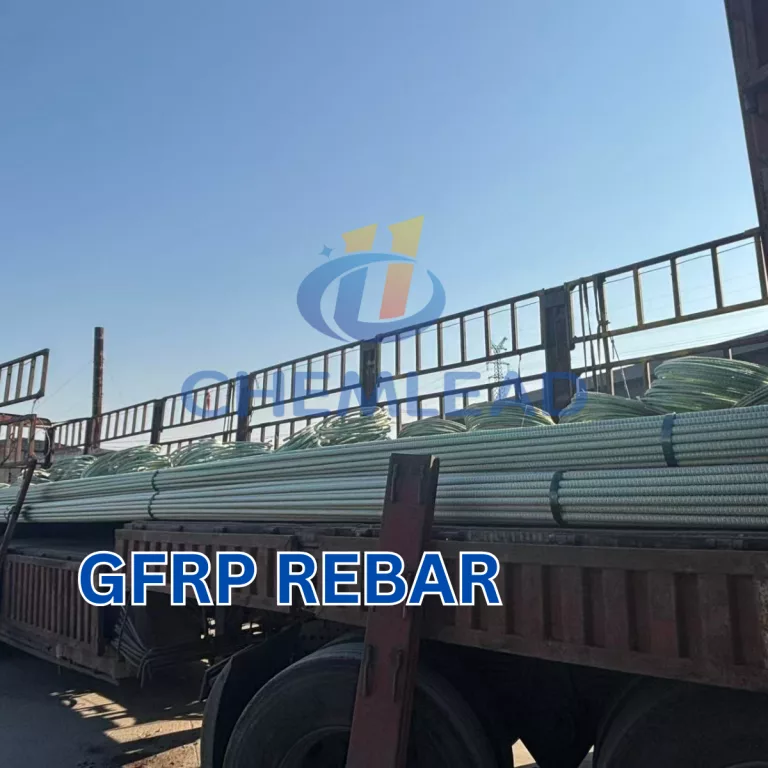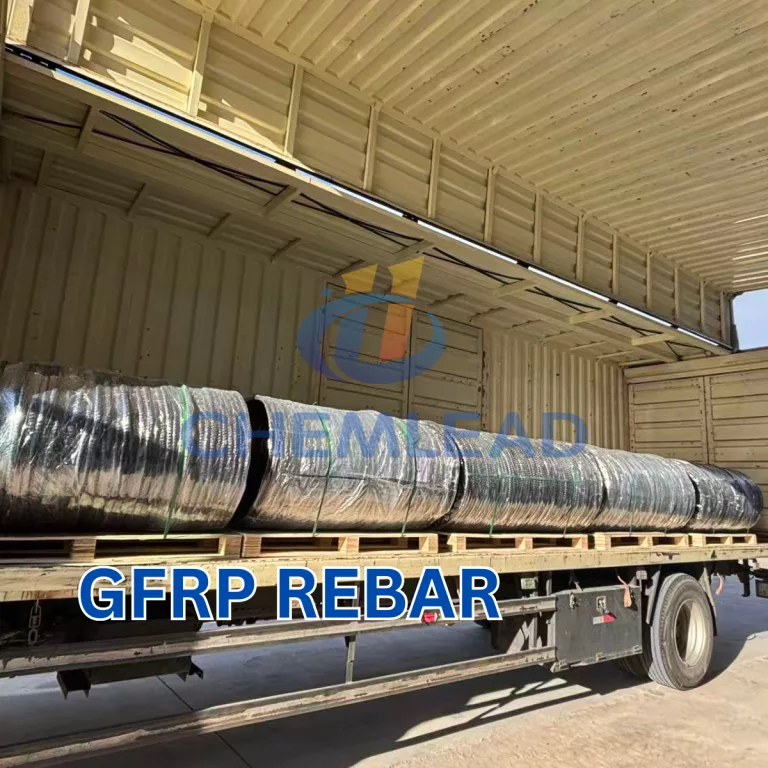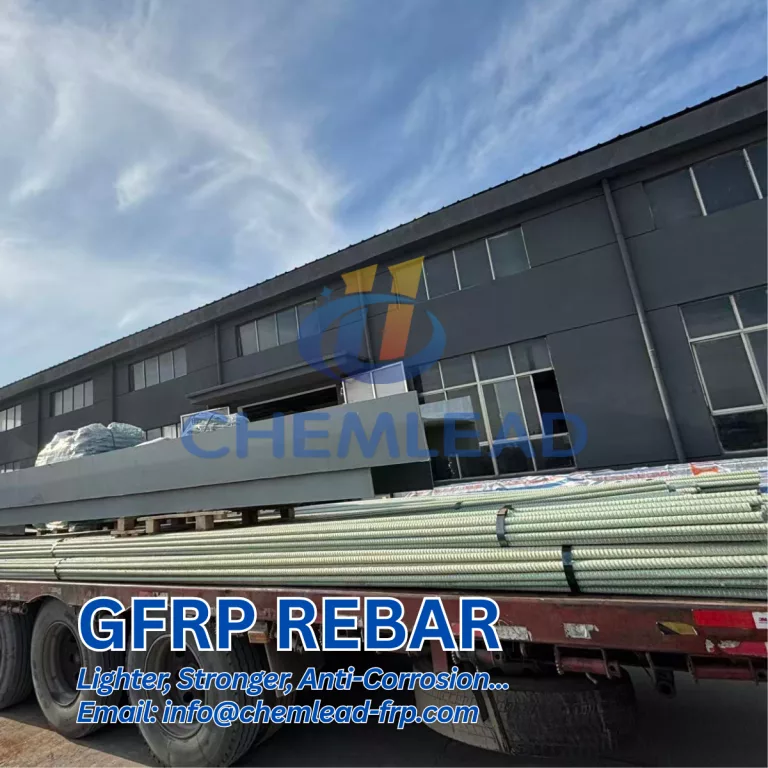+8613776545860



Introduction:
The demand for sustainable and durable construction materials has led to innovative alternatives to traditional steel, and fiberglass rebar is quickly becoming a preferred choice. Known for its corrosion resistance, lightweight properties, and strength, fiberglass rebar offers multiple benefits across construction applications, from infrastructure to marine environments. Here’s a look at why fiberglass rebar is setting a new standard for modern construction.
What is Fiberglass Rebar?
Fiberglass rebar, also known as GFRP (Glass Fiber Reinforced Polymer) rebar, is a composite material made from glass fibers and a polymer resin. Unlike traditional steel rebar, which is prone to rust and corrosion over time, fiberglass rebar provides long-lasting durability without compromising on strength. Its corrosion-resistant properties make it especially valuable in environments where moisture, salt, and chemicals are prevalent.
Top Benefits of Fiberglass Rebar in Construction:
1. Corrosion Resistance:
•Fiberglass rebar does not rust, making it ideal for projects exposed to water, salt, and chemicals. This resistance to corrosion increases the lifespan of structures, particularly in marine environments, coastal areas, and locations with de-icing salts.
2. Lightweight and Easy to Handle:
•Fiberglass rebar is significantly lighter than steel—up to 75% lighter—making it easier to transport and install. This characteristic reduces labor costs and speeds up installation, making construction projects more efficient.
3. High Tensile Strength:
•Despite its lightweight properties, fiberglass rebar offers impressive tensile strength, providing reinforcement that’s comparable to or better than steel. This strength supports the structural integrity of buildings, bridges, roads, and other infrastructure.
4. Thermal and Electrical Insulation:
•Fiberglass rebar is a non-conductive material, which makes it an excellent choice for construction projects where thermal or electrical conductivity is a concern. It’s ideal for applications in utility facilities, MRI rooms, and structures sensitive to electromagnetic interference.
5. Cost-Effective Over the Long Term:
•While the initial cost of fiberglass rebar may be higher than steel, its durability and low maintenance requirements make it more cost-effective over the lifespan of a structure. The reduced need for repairs and replacements saves resources and money.
Applications of Fiberglass Rebar:
1. Infrastructure Projects:
•Roads, bridges, and tunnels benefit from fiberglass rebar’s durability and corrosion resistance, especially in areas exposed to extreme weather or de-icing salts.
2. Marine and Waterfront Construction:
•Fiberglass rebar is ideal for docks, seawalls, piers, and other marine projects due to its resistance to saltwater corrosion.
3. Industrial and Chemical Facilities:
•In environments where chemicals can accelerate corrosion in steel, fiberglass rebar offers a corrosion-resistant alternative, ensuring the longevity of structures.
4. Residential and Commercial Buildings:
•Fiberglass rebar provides strong structural support for foundations, walls, and slabs, making it a versatile choice for various building types.
5. Utility and Electrical Installations:
•As a non-conductive material, fiberglass rebar is used in projects where magnetic interference or electrical conductivity is an issue, such as utility structures and MRI rooms.




 Get Free Quote Now! Don’t Hesitate!
Get Free Quote Now! Don’t Hesitate!